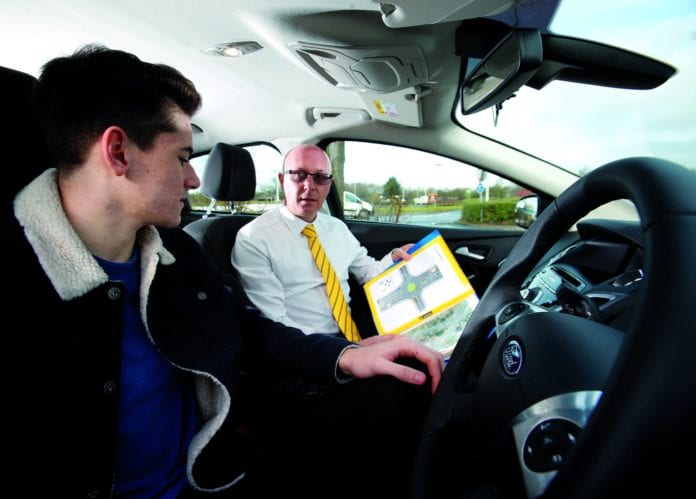You could write a book about how to be a better driver. In fact, many people have. There’s no way we could cover all the important safe driving tips here. But here’s some of the best advice to help newly qualified drivers stay safe…
Continue to learn
Every time you drive, you add to the memory bank of experience that helps you become a better driver. At the end of a drive, especially if you’ve had a near-miss or made a mistake, ask yourself how you could have avoided the situation or driven better.
Be a smooth operator
Go easy on the throttle. Apply the brakes smoothly. Turn rather than weave. Smooth and controlled driving is safer, more fuel efficient, and will earn you a better score if you have black box insurance.
Stick to the limit…
Young drivers are sometimes portrayed as boy and girl racers, but that’s not really fair. Drivers aged 35-44 are convicted of speeding far more than drivers aged 17-24. So live up to the reality of young drivers, not the stereotype. Sticking to the limit means you’ll keep your licence, save fuel, and will keep your insurance premium down if you have a telematics policy.
… or drive under the limit
You’ve probably heard the phrase: “it’s a speed limit, not a target.” Of all the safe driving tips, that has to be your average driving instructor’s favourite, and with good reason. If the weather is bad a sensible speed could be well below the speed limit. You should always be able to stop in the distance you can see to be safe. Leave a two-second gap between your car and the one in front in good weather, increase that to four seconds if it’s wet. In really awful conditions, such as snow, leave a 10-second gap.
Look ahead
Don’t just focus on the road immediately in front of you. A good driver scans the road a long way ahead, looking for hazards. The further ahead you look the more you can anticipate the need to slow down, and the more time you will have to prepare for possible danger.
Remove distractions
The best drivers do one thing when they drive. And that one thing is – drive! Anything else is a potential distraction. Few of us live up to that standard all the time and drive like complete saints. We all like to turn up the stereo or chat with a mate in the passenger seat. But the more you can do to keep distractions to an absolute minimum the better. That means turning your phone off or putting it in a ‘do-not-disturb’ mode, setting the sat nav set before leaving, and saving in-depth conversations for when the journey is over.
Think about further training
Understandably, a lot of new drivers don’t want to spend any more time with a driving instructor sitting next to them. Been there, done that, right? You’ve probably had your fill of safe driving tips too. Well, don’t dismiss the idea of further training out of hand. The Pass Plus scheme or an advanced driving course can actually be really rewarding. No, really!


